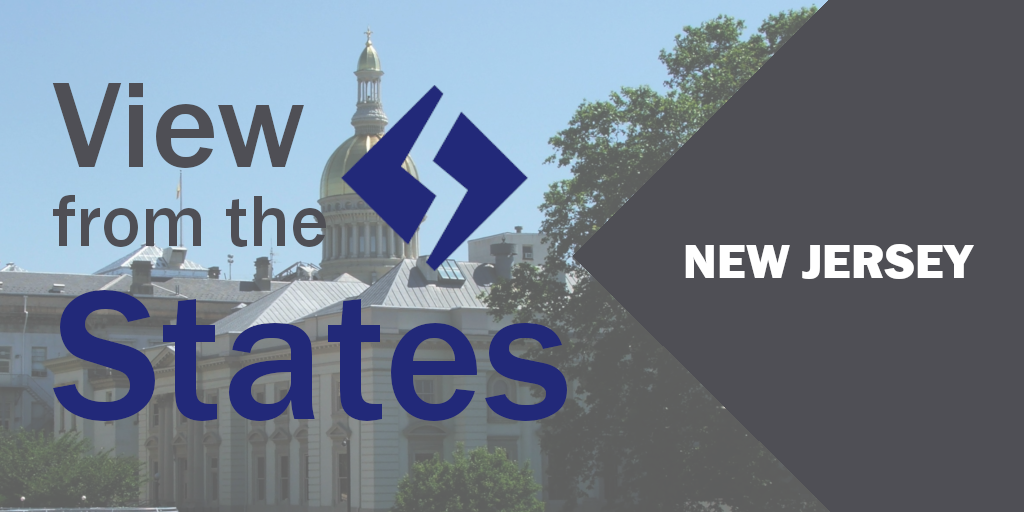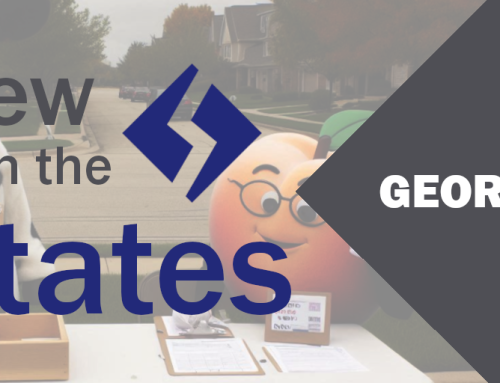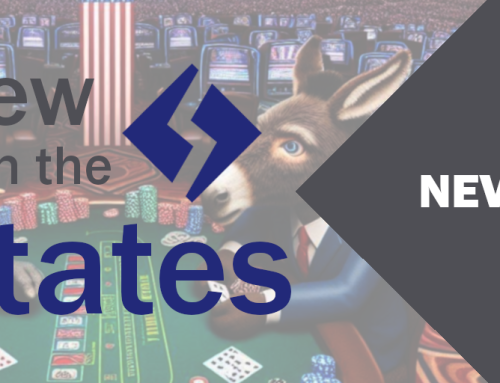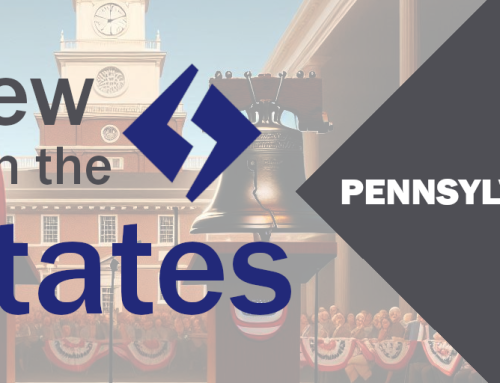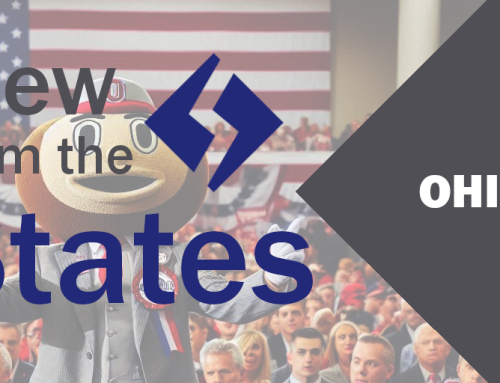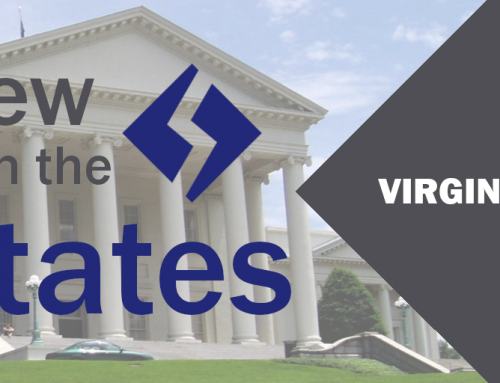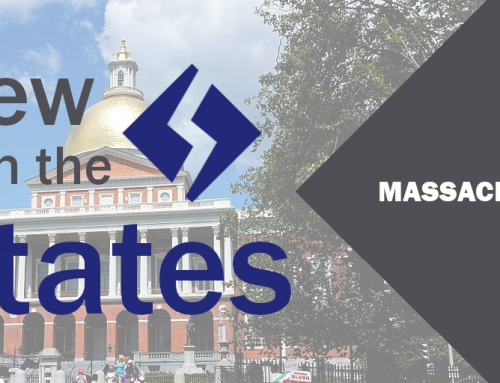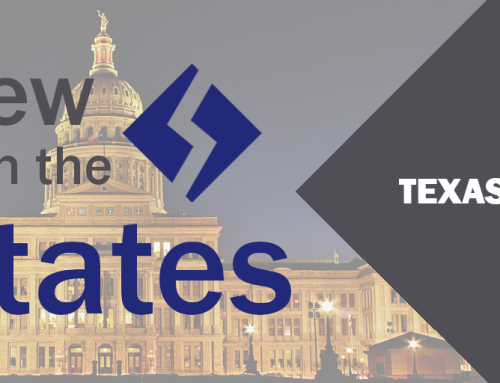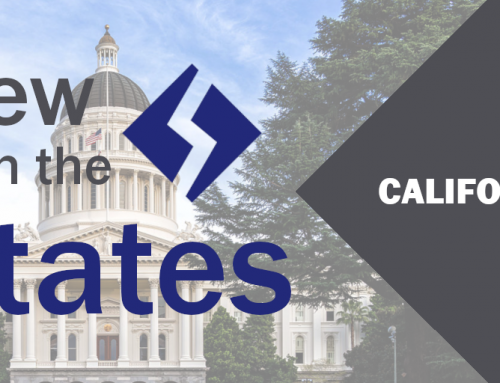Tapping into the expertise and perspective of Highland’s network of over 500 bipartisan, in-state operatives, “View from the States” offers you periodic insights into important local trends often overlooked by Inside-the-Beltway “conventional wisdom.”
In this edition, we continue our early look at odd-year elections with New Jersey. After each Presidential election since 1984, New Jersey’s gubernatorial elections in the subsequent have served as “course corrections” – installing the opposite party in the governor’s mansion. Last month, we noted that Virginia looks ready to buck that trend, and Highland’s in-state sources tell us New Jersey is likely – but not guaranteed – to do the same.
A Quiet Cycle in the Garden State
Gov. Phil Murphy remains poised to notch a fairly easy re-election victory, most likely against former Assemblymember (and 2017 GOP gubernatorial primary runner-up) Jack Ciattarelli. Murphy would go against history with a win; Republican Tom Kean’s 1985 victory was the last time the Garden state elected a governor of the same party as the most recent Presidential winner. On top of that, no Democratic governor has won re-election since Brendan Byrne in 1977. For his part, Highland’s sources note that Murphy’s pre-COVID poll numbers were middling, but have been boosted thanks to his daily television appearances during the pandemic.
In the legislature, Republicans looked likely to suffer losses just a few months ago but now seem poised to pick up a seat or two in each house. According to Highland’s sources, the best pickup opportunity may be in Senate District 8, where incumbent Democrat Sen. Dawn Addiego (a former Republican who switched parties in 2019) faces off against popular Assemblywoman Jean Stanfield. In-state operatives also point out that the district is heavily Republican (the party won the district in 2018 despite being outspent nearly seven-to-one) and it is one of the areas in the state where Gov. Murphy is less popular.
Another Senate seat to watch is in Senate District 2, which covers Atlantic City, where the retirement of Sen. Chris Brown has created an open swing seat which is a true toss-up.
As with Virginia, New Jersey will handle redistricting in the next legislative session due to delayed census data.
Telemedicine and Prison Reform
In-state sources tell us the legislature’s main focus will be the budget, with some attention also going toward vaccination and unemployment system issues. As with the federal government, New Jersey is considering its own COVID relief packages, including the possibility of loans from the Economic Development Authority or simply through straight cash payouts to small businesses.
Two additional issues may jump onto lawmakers’ collective radar screens: telemedicine and prison reform. Obviously, the former springs from a year of COVID-19 restrictions; lawmakers and interest groups want to make permanent some of the allowances and flexibility granted to doctors and medical providers to conduct virtual visits with patients. The latter springs from reported issues of violence and mistreatment in New Jersey’s prisons, especially in its only women-only facilities. Advocates are calling for reform and the state senate voted in February to call for Corrections Commissioner Martin Hicks to resign.
Calm Before the Storm?
After the spring legislative session, even the relatively quiet election cycle will take center stage through November, so don’t expect any policy battles in August or September. It may be a different story after the polls close, though: Highland’s in-state operatives tell us to expect a highly active lame duck session in November and December of this year.
With the last election in the rearview mirror and the next cycle barely in its infancy, legislators will feel free to tackle a laundry list of issues that might otherwise prove controversial. For example, sources say that Gov. Murphy may attempt to pass a climate change package with incentives for green energy production and guidelines on vehicle emissions based on the model set by California.
How can you leverage in-state political trends to persuade key decision-makers? Learn more today.


